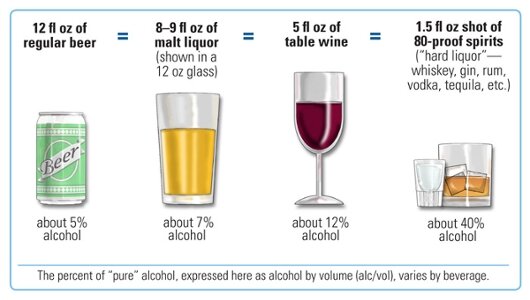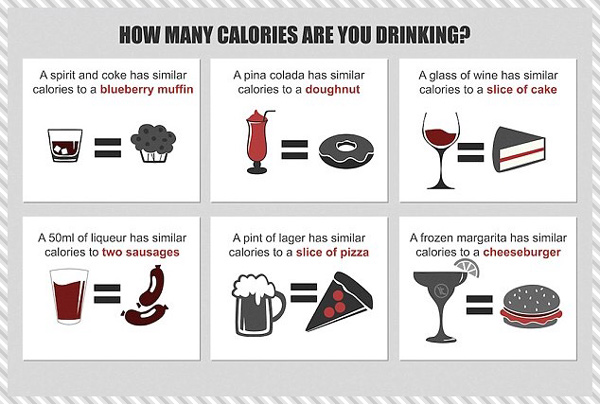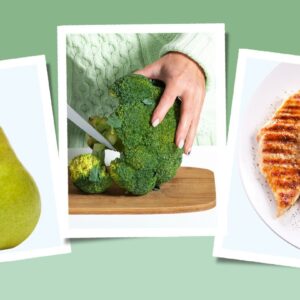Understanding the link between alcohol and weight loss is tricky. We often wonder if we can enjoy a drink and still lose weight. The answer is complex, but knowing the science can guide us towards a healthy balance. Understanding the link between alcohol and weight loss is tricky. We often wonder if we can enjoy a drink and still lose weight. The answer is complex, but knowing the science can guide us towards a healthy balance.
Understanding the Impact of Alcohol on Your Weight Loss Journey
Starting a weight loss journey means knowing how alcohol affects our metabolism and calorie intake. What we choose to drink can greatly influence our success and health.
How Alcohol Affects Your Metabolism
Alcohol changes how our bodies use energy. When we drink, our body focuses on breaking down alcohol first. This slows down our metabolism and makes it harder to lose fat.
The Role of Empty Calories in Weight Gain
Alcohol is called “empty calories” because it has no nutritional value but still adds calories. These empty calories can quickly turn into fat. Drinking also makes us want to eat more, often choosing foods that are high in calories but low in nutrients.
Impact on Nutrient Absorption
Drinking alcohol can also mess with how our body absorbs nutrients from food. This can hurt our health and make it harder to manage our weight and stay fit.
| Metric | Impact of Alcohol |
|---|---|
| Metabolism | Slows down the body’s ability to burn fat and convert food into energy |
| Caloric Intake | Provides “empty calories” that contribute to weight gain without any nutritional value |
| Nutrient Absorption | Disrupts the body’s ability to properly absorb essential nutrients from food |
Knowing how alcohol affects our metabolism, caloric intake, and nutrient absorption helps us make better choices. These choices can help us reach our weight loss goals and improve our overall health.
The Science Behind Alcohol and Body Composition
Exploring the link between alcohol and weight is key. We need to grasp how alcohol changes our body and metabolism. Alcohol is a special macronutrient that affects our health and fitness plans.
Drinking alcohol means we get a lot of “empty calories.” These calories give energy but have no nutrients. They can lead to weight gain because we don’t count them in our diet. Also, our body focuses on breaking down alcohol first. This slows down fat burning and can make us store more fat.
Alcohol also messes with our hormones. It can upset the balance of hormones like testosterone, estrogen, and cortisol. These hormones are important for our metabolism and body shape. When they’re out of balance, it’s harder to manage our weight.

A split image showing two human silhouettes filled with colorful representations of body fat and muscle mass, one side enjoying a glass of wine, the other side engaged in exercise, depicting the contrast between alcohol consumption and fitness, with an abstract background symbolizing metabolism and energy balance.
Alcohol also affects how we absorb nutrients. Vitamins and minerals are key for a healthy metabolism and muscle repair. But alcohol can stop our body from using these nutrients well. This can lead to losing muscle and a slower metabolism.
In short, alcohol’s impact on our body is complex. Knowing how it works helps us make better choices. We can then find ways to reduce its negative effects on our health and fitness goals.
Alcohol and Weight Loss: Is It Possible to Have Both?
It’s possible to enjoy social drinking and still work on losing weight. The trick is to drink mindfully and in moderation. This way, alcohol won’t hinder your weight loss efforts.
Balancing Social Drinking with Weight Goals
Social events often center around alcohol, making it hard for those trying to lose weight. To overcome this, find ways to enjoy without drinking too much. Try low-calorie cocktails, drink water between alcoholic beverages, or choose a mocktail when you can.
Strategic Approaches to Mindful Drinking
Mindful drinking means being careful about how much you drink. Think about how it affects your weight and health. Set limits, track what you drink, and explore other ways to relax that don’t involve alcohol. This way, you can balance drinking with your weight loss goals.
Setting Realistic Expectations
Remember, losing weight and drinking don’t always mix. It might take patience and flexibility to lose weight while drinking socially. Be ready to adjust your plan as needed. And don’t get discouraged if progress isn’t steady. With a balanced approach, you can enjoy drinking while still reaching your weight goals.
“The key to balancing alcohol and weight loss is finding a middle ground that allows you to enjoy the social aspects of drinking while still making progress towards your goals.”
Smart Drinking Strategies for Weight Management
It’s possible to enjoy alcohol while keeping your weight in check. The right strategies can help you drink mindfully and manage your weight. Let’s look at some proven ways to reach your goals.
Portion Control and Timing
Controlling your drink sizes is important. Aim for standard amounts like a 12-ounce beer, a 5-ounce wine glass, or a 1.5-ounce liquor shot. Drinking with meals helps slow alcohol absorption and keeps calorie intake steady.
Drink Selection: Quality over Quantity
Not all drinks are equal for weight management. Pick lower-calorie options like spirit-based drinks with soda water and citrus. Or choose dry wines with little added sugar. Avoid sugary cocktails, which can add lots of calories.
Staying Hydrated
- Alternate each alcoholic drink with water to stay hydrated and avoid overdrinking.
- Drink water before bed to counteract alcohol’s dehydrating effects.
By using these smart drinking tips, you can enjoy alcohol without harming your weight goals. Remember, it’s all about moderation and being mindful. This balance helps you maintain a healthy lifestyle and achieve your weight goals.

A balanced scale with a glass of wine on one side and a measuring tape on the other, surrounded by fresh fruits and vegetables, soft lighting creating a serene atmosphere, emphasizing harmony between indulgence and healthy choices.
“Moderation is the key to successful weight management when incorporating alcohol into your lifestyle.”
| Drink | Calories | Carbs |
|---|---|---|
| Beer (12 oz) | 150 | 13g |
| Wine (5 oz) | 125 | 3g |
| Vodka Soda (1.5 oz) | 96 | 0g |
| Margarita (8 oz) | 374 | 45g |
How Alcohol Disrupts Your Fitness Progress
Reaching your fitness goals is all about balance. Alcohol can throw off that balance. Learning how alcohol affects your workouts and muscle growth is key to getting the most out of your gym time.
Effects on Muscle Recovery and Growth
Alcohol makes it harder for your body to recover and grow muscle after tough workouts. It slows down protein synthesis, which is vital for muscle growth. This can slow down your progress and make it harder to build strong muscles.
Impact on Workout Performance
Drinking alcohol before or during exercise can hurt your performance. It can mess with your coordination, balance, and how quickly you react. This makes it harder to do exercises right, increasing the risk of injury and setting back your fitness goals.
Dehydration and Exercise
Alcohol makes you lose more water, which is already a problem when you exercise. This can lead to less endurance, muscle cramps, and slower recovery. Staying hydrated is essential to keep up with your fitness goals.








